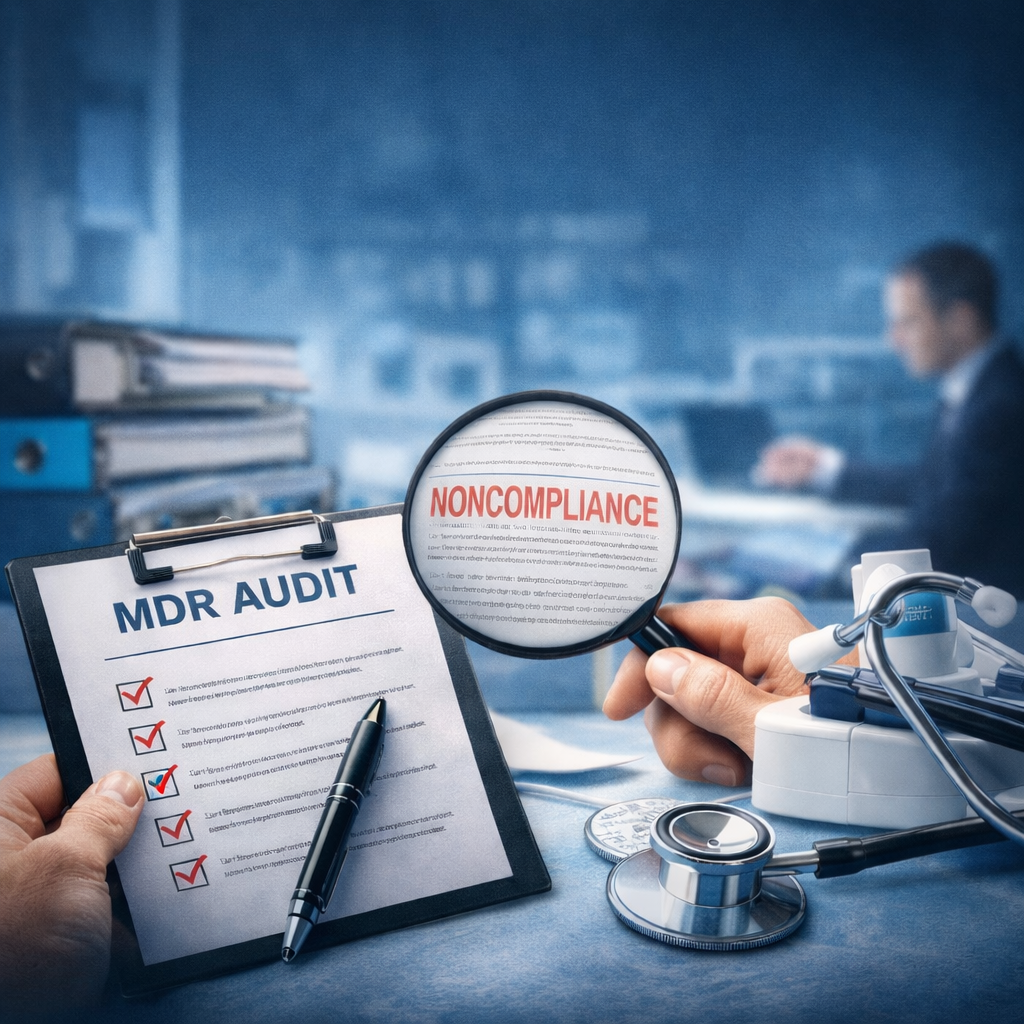Understanding FSMA Audit by FDA: Ensuring FSMA Compliance and Food Safety
Introduction:
The food industry plays a crucial role in providing safe and nutritious products to consumers. To uphold the highest standards of food safety, the U.S. Food and Drug Administration (FDA) introduced the Food Safety Modernization Act (FSMA). FSMA audits conducted by the FDA evaluate compliance with food safety regulations. In this article, we will delve into the FSMA audit process, highlighting the importance of FSMA compliance, food safety regulations, and the implementation of preventive controls.
Understanding FSMA Compliance:
FSMA compliance serves as the foundation for maintaining food safety and meeting regulatory requirements. It involves adhering to the guidelines outlined in FSMA, which aim to prevent foodborne illnesses and improve response capabilities. By implementing preventive controls and adhering to FSMA compliance standards, food businesses demonstrate their commitment to food safety and protect consumer health.
FSMA encompasses several key regulations that affect various aspects of the food industry. Some of the core components of FSMA compliance include:
- Hazard Analysis and Risk-Based Preventive Controls (HARPC):
- HARPC is a preventive approach mandated by FSMA. It requires food businesses to conduct a thorough hazard analysis to identify potential food safety hazards and implement risk-based preventive controls to mitigate those hazards. This includes developing and implementing written food safety plans that address critical control points, monitoring procedures, corrective actions, verification activities, and record-keeping.
- Supplier Verification:
- FSMA places significant emphasis on supplier verification to ensure the safety and integrity of the ingredients and raw materials used in food production. Food businesses must establish and implement a supplier verification program to verify that their suppliers meet the necessary food safety standards and requirements. This involves conducting audits, inspections, or obtaining certifications from suppliers to ensure compliance.
- Sanitary Transportation of Food:
- FSMA also addresses the transportation of food products to prevent contamination and ensure food safety during transit. It establishes requirements for vehicles, transportation operations, training, and record-keeping to maintain the sanitary conditions of the transported food.
FDA Food Safety Audit:
One of the essential components of FSMA compliance is the FDA food safety audit. During the audit, FDA inspectors assess a food business's compliance with FSMA regulations and food safety practices. The audit evaluates various aspects, including preventive controls, documentation, record-keeping, sanitation practices, and compliance with food safety regulations. Achieving FSMA compliance is crucial for passing FDA food safety audits and maintaining consumer trust.
The FDA audit process typically involves the following steps:
- Audit Scheduling:
- Food businesses are notified in advance about the upcoming FDA audit. The audit is usually scheduled to allow adequate preparation time.
- On-Site Inspection:
- FDA inspectors visit the food facility to conduct an on-site inspection. They assess the facility's adherence to FSMA regulations, including preventive controls, sanitation practices, record-keeping, and overall compliance with food safety standards.
- Document Review:
- Inspectors thoroughly review documentation related to food safety plans, hazard analysis, preventive controls, monitoring procedures, corrective actions, verification /focus of FSMA audits.
sources that provide information about FSMA (Food Safety Modernization Act)
- U.S. Food and Drug Administration (FDA) - The official website of the FDA provides comprehensive information about FSMA, including guidance documents, regulations, updates, and resources. Link: FDA - FSMA Overview
- Food Safety Preventive Controls Alliance (FSPCA) - FSPCA is an alliance dedicated to assisting the food industry in understanding and implementing preventive controls under FSMA. Their website offers training programs, resources, and guidance materials. Link: FSPCA
- Centers for Disease Control and Prevention (CDC) - The CDC provides valuable information on food safety, foodborne illnesses, and how FSMA aims to prevent them. Their website offers resources, data, and educational materials related to food safety. Link: CDC - Food Safety
- National Sustainable Agriculture Coalition (NSAC) - NSAC provides in-depth resources and analysis on FSMA's impact on sustainable agriculture. Their website offers policy updates, advocacy resources, and information on FSMA compliance for small and mid-sized farmers. Link: NSAC - FSMA Resources
- Food Safety Magazine - Food Safety Magazine covers a wide range of topics related to food safety, including FSMA. Their website provides articles, news, and insights from industry experts, contributing to a better understanding of FSMA and its implementation. Link: Food Safety Magazine











